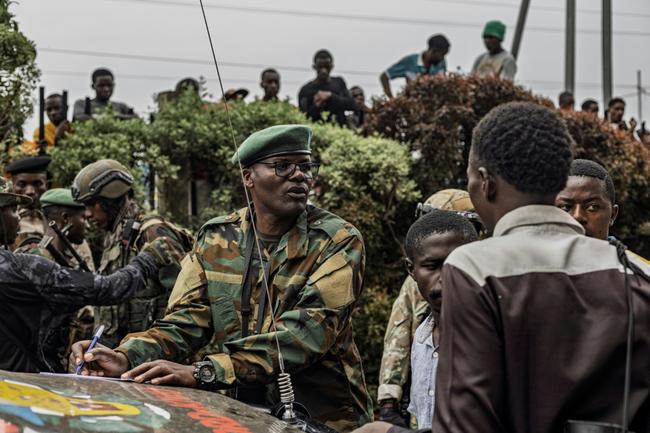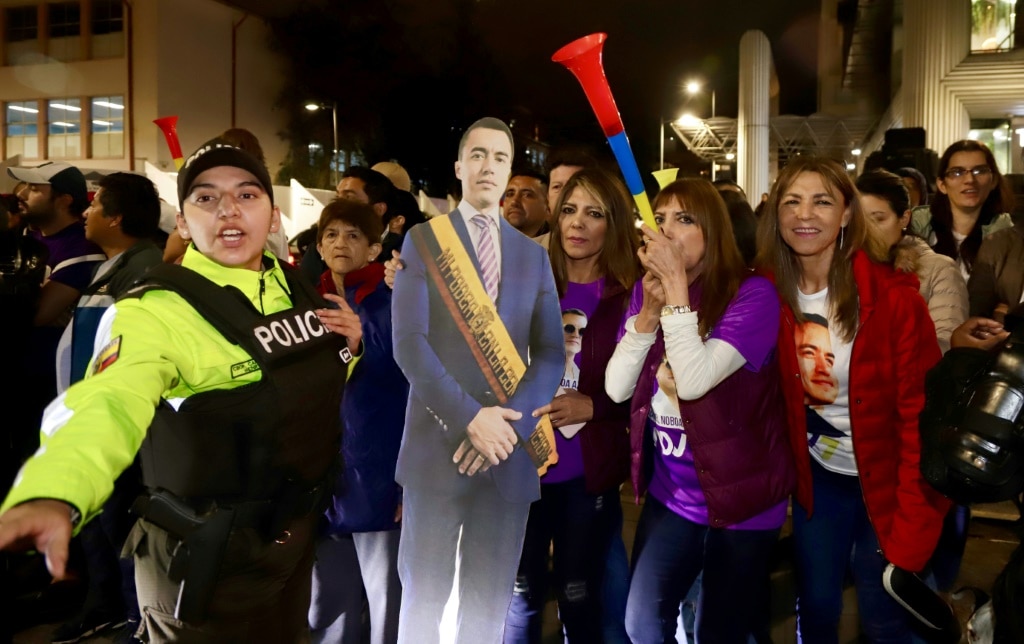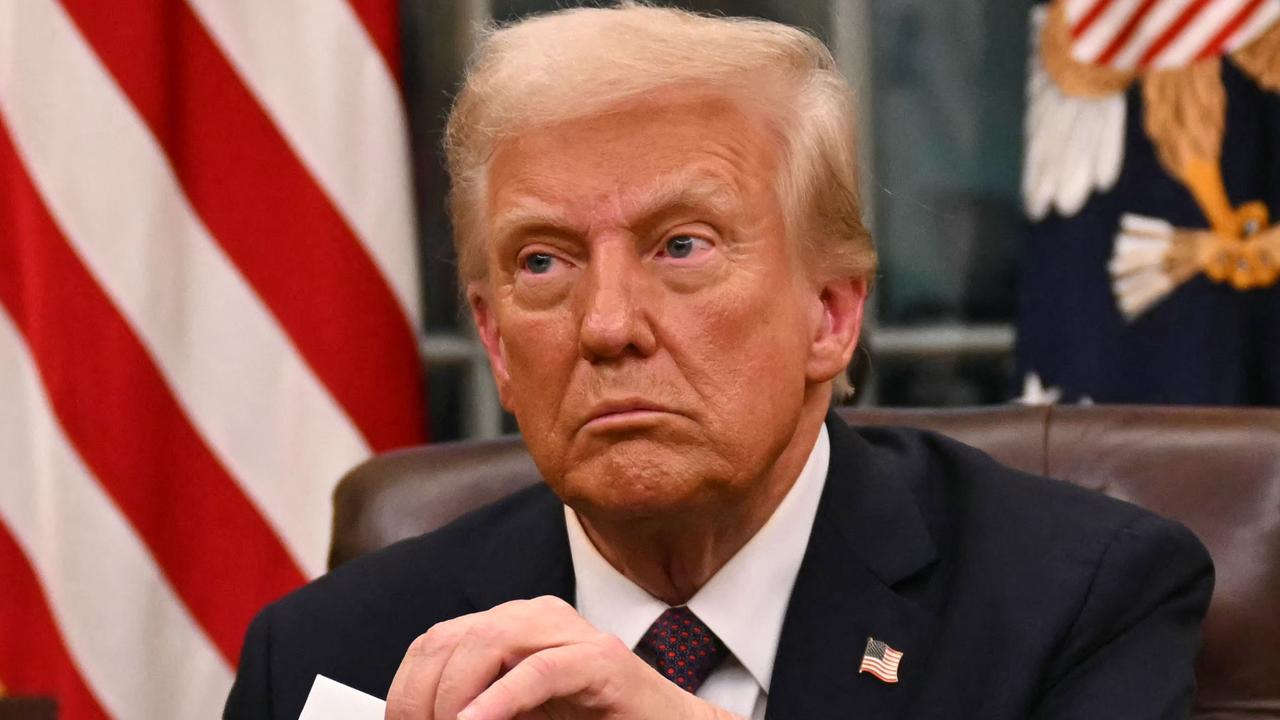Lull in war-torn east DR Congo after truce call
Lull in war-torn east DR Congo after truce call

An uneasy calm held Sunday on the Democratic Republic of Congo's eastern front after regional powers dreading a wider war urged Congolese and pro-Rwandan forces to agree to a ceasefire.
In recent months the Rwandan-backed M23 Movement has swiftly seized scores of territory in the DRC's mineral-rich east in fighting that has killed thousands and forced vast numbers to flee their homes.
Fearing the conflict would spill over into neighbouring countries, east and southern African leaders at a summit on Saturday urged an "immediate and unconditional" ceasefire within five days.
Rwandan President Paul Kagame and his Congolese counterpart Felix Tshisekedi took part, Tshisekedi via video link.
In Bukavu, capital of South Kivu province, which is in the M23's sights, locals expressed doubts that the summit would lead to lasting peace.
"If the agreements are really respected, I can hope for a solution to the security crisis, but only if Kagame and his counterpart Tshisekedi meet and talk to each other without hypocrisy," Bukavu resident Heritier Zahinda told AFP.
The M23 offensive is the latest bloody chapter in the decades of violence that has torn apart the eastern DRC, riven by violence between various ethnic groups in the aftermath of the Rwandan genocide.
The DRC accuses Rwanda of coveting its vast resources of gold and mineral resources.
Kigali accuses Kinshasa of sheltering the FDLR, an armed group created by ethnic Hutus who massacred Tutsis during the 1994 genocide.
- 'Immediate withdrawal' -
In early February the M23, which claims to protect ethnic Tutsis, took control of Goma, capital of North Kivu province bordering Rwanda.
It has since thrust into neighbouring South Kivu and vowed to march on the capital Kinshasa.
After intense fighting on Saturday 60 kilometres (35 miles) from Bukavu, the front line was calmed Sunday, local and security sources said.
In the city, banks and schools remained shuttered. Many residents have fled fearing an M23 attack.
Since the M23's re-emergence in 2021 various ceasefires and truces have collapsed.
In Kinshasa, stunned by Goma's capture, the Notre-Dame du Congo Cathedral played host to a "solidarity mass" on Sunday.
Among the worshippers was international relations researcher Jules Kasereka, who told AFP that he feared a ceasefire "without any binding status" would not be respected.
Saturday's summit of the East African Community (EAC) and 16-member Southern African Development Community in Tanzania followed mediation efforts led by Angola and Kenya.
The final statement affirmed support for the DRC's territorial integrity and urged the opening of humanitarian corridors to evacuate the dead and wounded.
It made no explicit reference to Rwanda or its part in the conflict.
Robert Njangala, head of a youth association in Bukavu, condemned the fact that the summit leaders had "not demanded the immediate withdrawal of Rwandan troops from Congolese soil".
Kigali has always denied giving military support to the M23.
A report by United Nations experts said last year Rwanda maintained around 4,000 troops in the DRC and had de facto control of the M23.
The report also charged that Kigali was profiting from smuggling vast amounts of minerals out of the DRC.
burs-blb/sbk/jj


